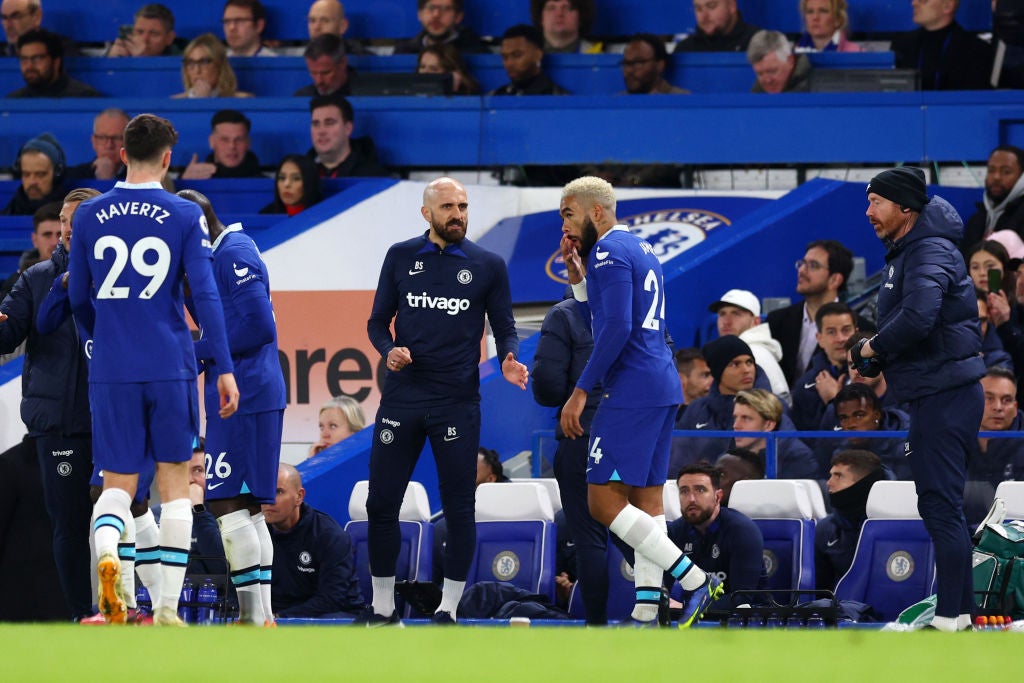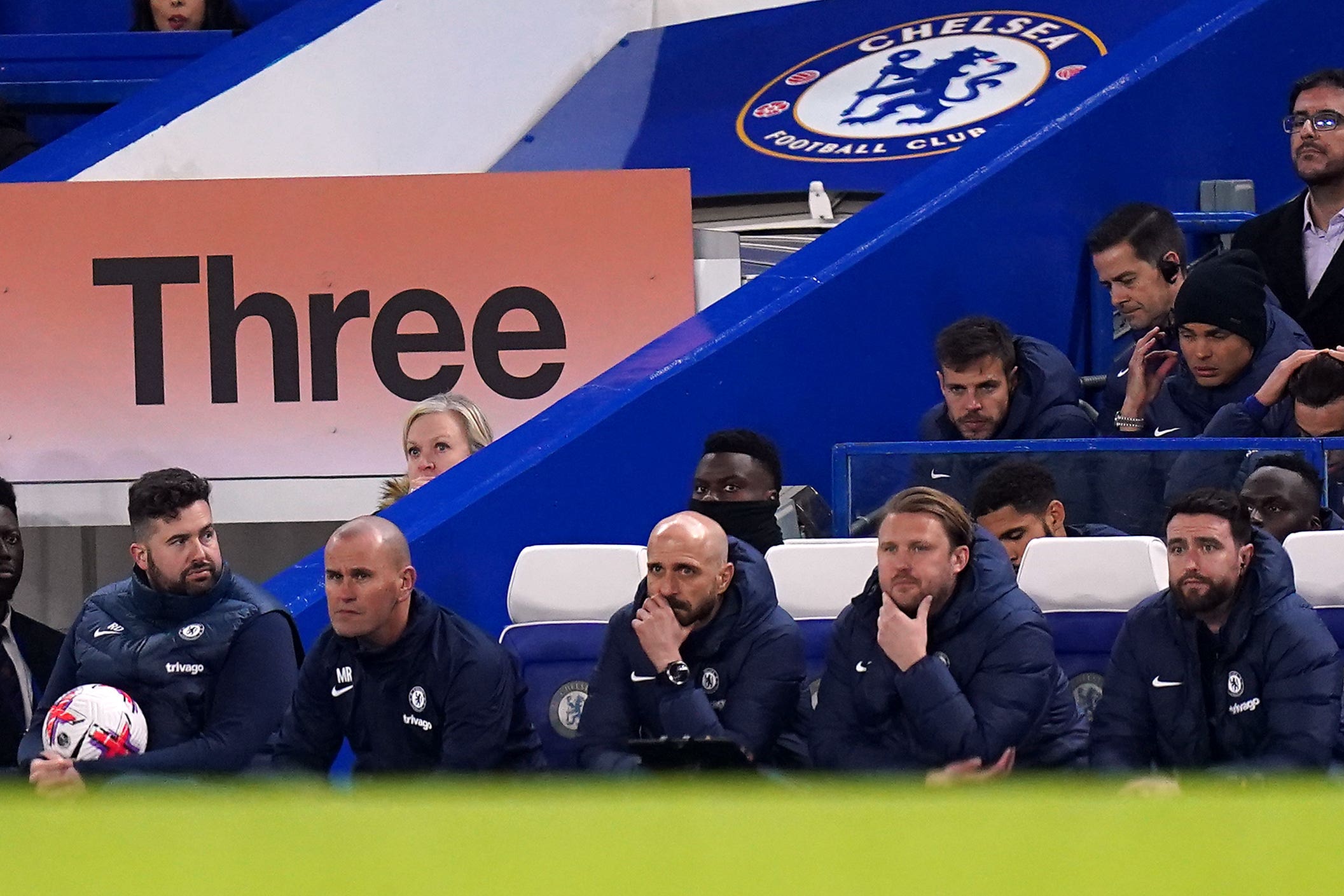Luther Burrell’s allegations of racism at Newcastle upheld by investigation
Sign up to our free sport newsletter for all the latest news on everything from cycling to boxing
Sign up to our free sport email for all the latest news
Thanks for signing up to the
Sport email
An independent investigation has found that Luther Burrell was the victim of racial abuse during his time at Newcastle, but the Rugby Football Union has ruled out taking disciplinary action.
Burrell’s claims made in the Mail on Sunday in June last year have been upheld by the inquiry, which interviewed 93 members of staff at the club, including players and coaches.
Amongst the evidence gathered was a post on a players’ WhatsApp group that contained a “wholly inappropriate racist term”.
The former England centre, who is of Jamaican descent, said he was subjected to comments about slavery, bananas and fried chicken, adding that “racial banter” had become “normalised” among team-mates.
Burrell spent the 2020-21 and 2021-22 seasons at Kingston Park, departing in June shortly after making the abuse he faced public.
Recommended
It was concluded by the investigation that “on the balance of probability, the allegations made in the article are true, but there is insufficient evidence to say whether all the allegations occurred at the club, apart from the WhatsApp message which contained a racist comment”.
In addition, Burrell was subject to a “further two specific incidents of racial abuse – one directed at the player and one witnessed by the player. Therefore the player was subject to racial abuse verbally and in the WhatsApp group”.
At least two other employees of Newcastle gave evidence supporting Burrell’s allegations.
It was found that Burrell’s evidence was “reliable” and that his “motivation for making the allegations was his wish to eradicate racist behaviour from rugby union”.
While many employees interviewed stated that the “banter” between players was “sometimes harsh, even brutal”, the investigation that was reviewed by a King’s Counsel stressed that the “appropriateness of this banter between players needs to be considered by the club”.
As part of the findings, it was recommended that the RFU should consider conducting a disciplinary investigation.
However, it was also acknowledged that this might not help achieve the RFU’s aim of diversifying the game or be in the best interest of Burrell or those who had given evidence supporting the allegations. All testimony was provided on a confidential basis.
“Individuals who came forward with evidence did so without giving the names of individuals involved and Luther has been consistent throughout that his aim is not to seek punishment for individuals but rather to bring about change,” an RFU statement read.
“The club, which has co-operated throughout, has made and will continue to implement changes to its policies and procedures based on the recommendations.
“The RFU will also address the wider elements of the inclusion and diversity elite game action plan, all with an aim to drive an inclusive culture and ensure racism has no place in our clubs or our sport.
“Taking all these factors into account, the RFU believes the investigation has fulfilled its objectives and does not intend to pursue a further disciplinary investigation and instead will continue to work with the club to ensure that these processes remain embedded.”
RFU chief executive Bill Sweeney revealed that Burrell’s revelations have prompted Twickenham to fast-track implementation of its strategy for promoting inclusivity within the sport.
“Luther was very brave to come forward and share his experiences of racism and classism in the game and he has the continued support of the union,” Sweeney said.
“We must be clear that racism, classism or any form of discrimination has no place in rugby.
Recommended
“Our collective inclusion and diversity action plan for the elite game has been accelerated in light of Luther’s experience.
“It highlights the need for more inclusive leadership, the need to look at reporting processes, and to broaden access to the game and pathways.”
Source: Read Full Article



